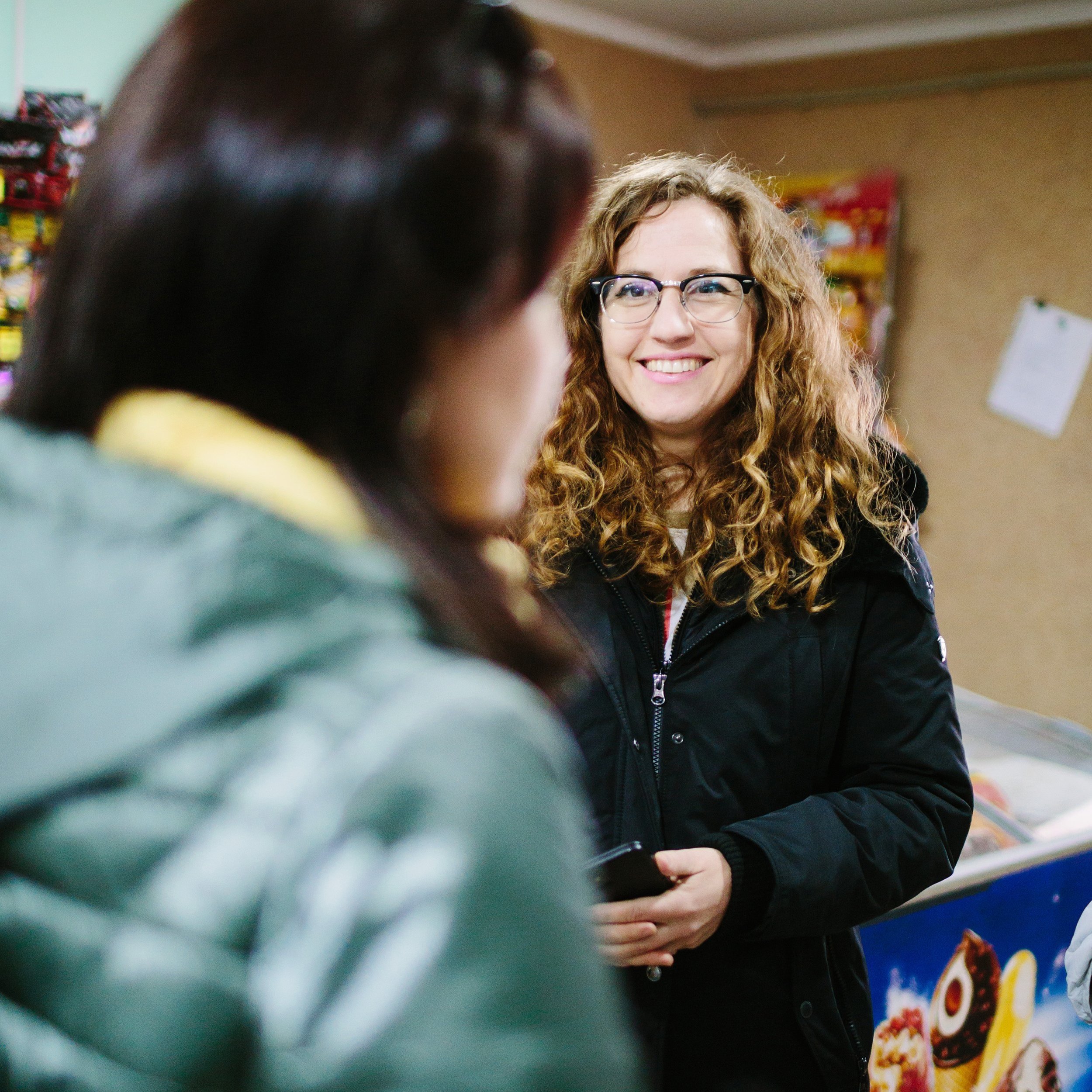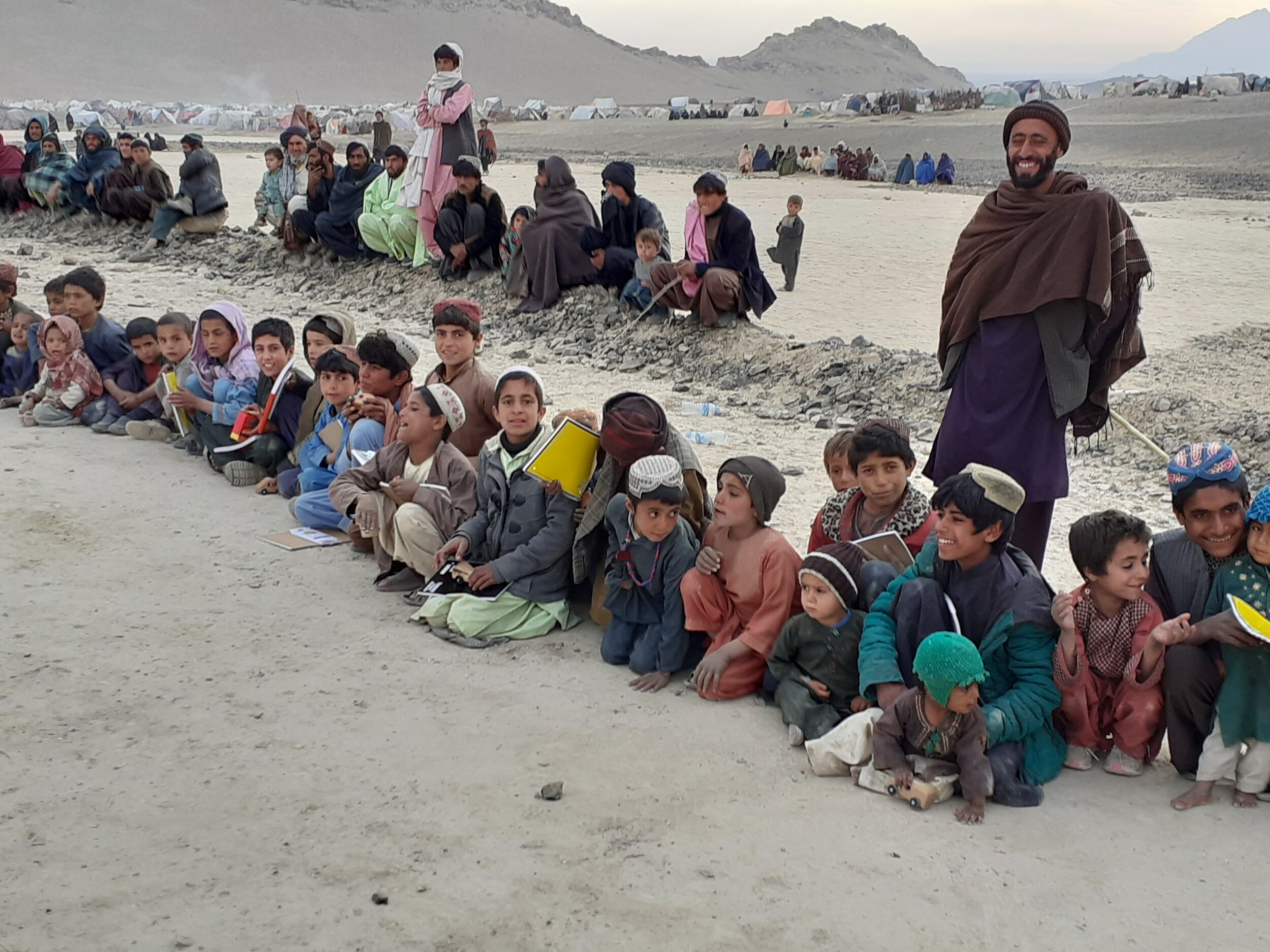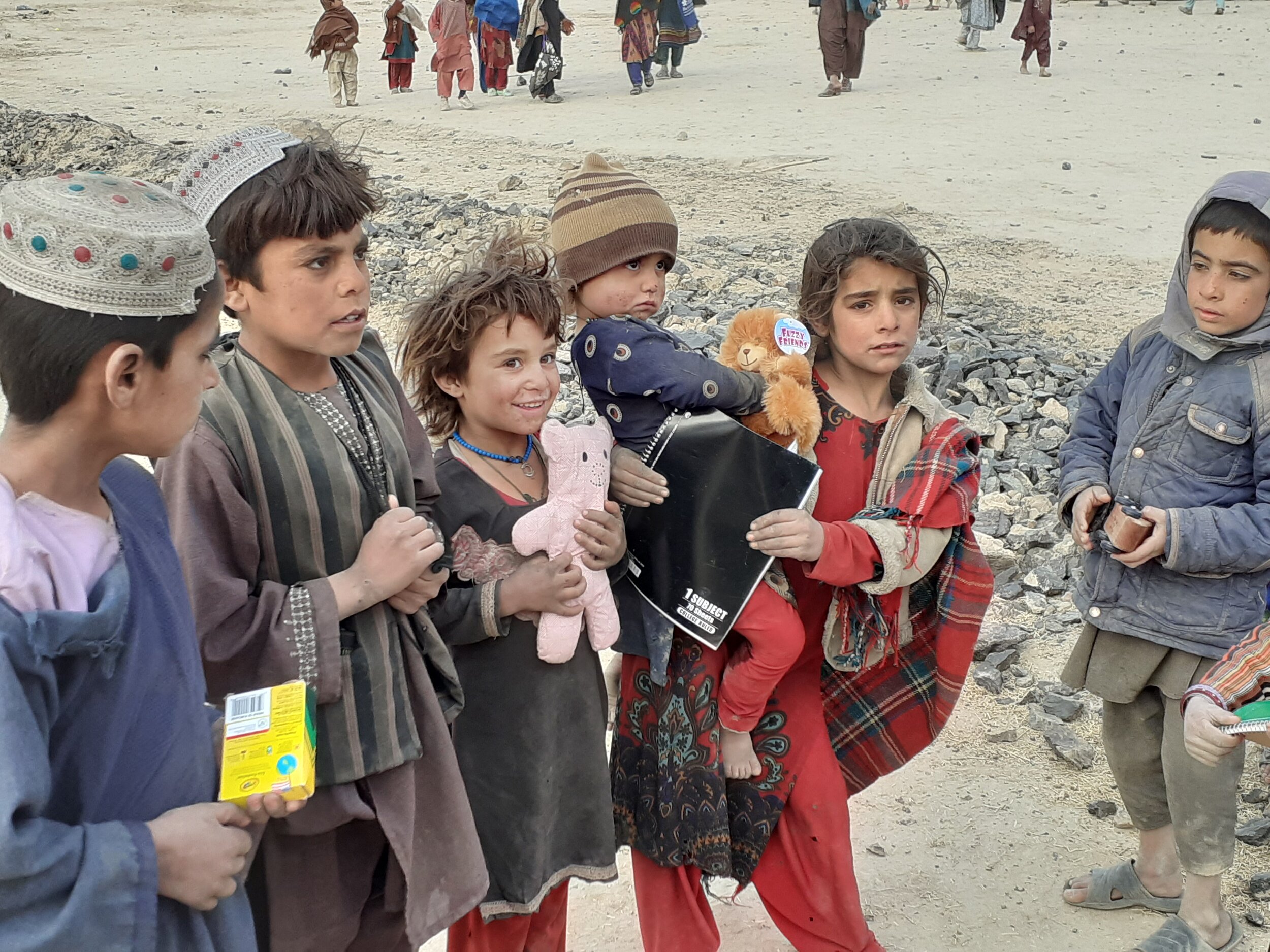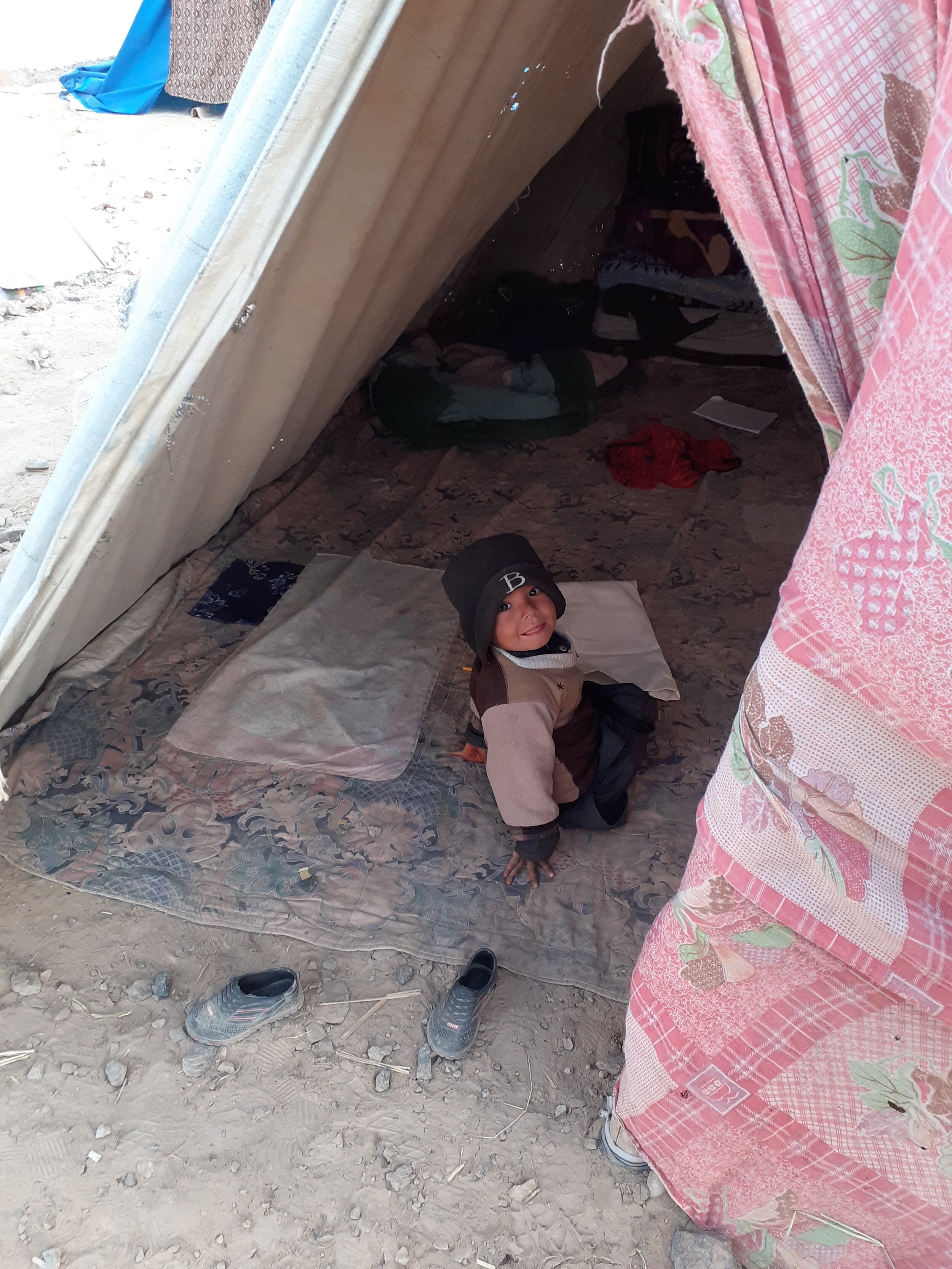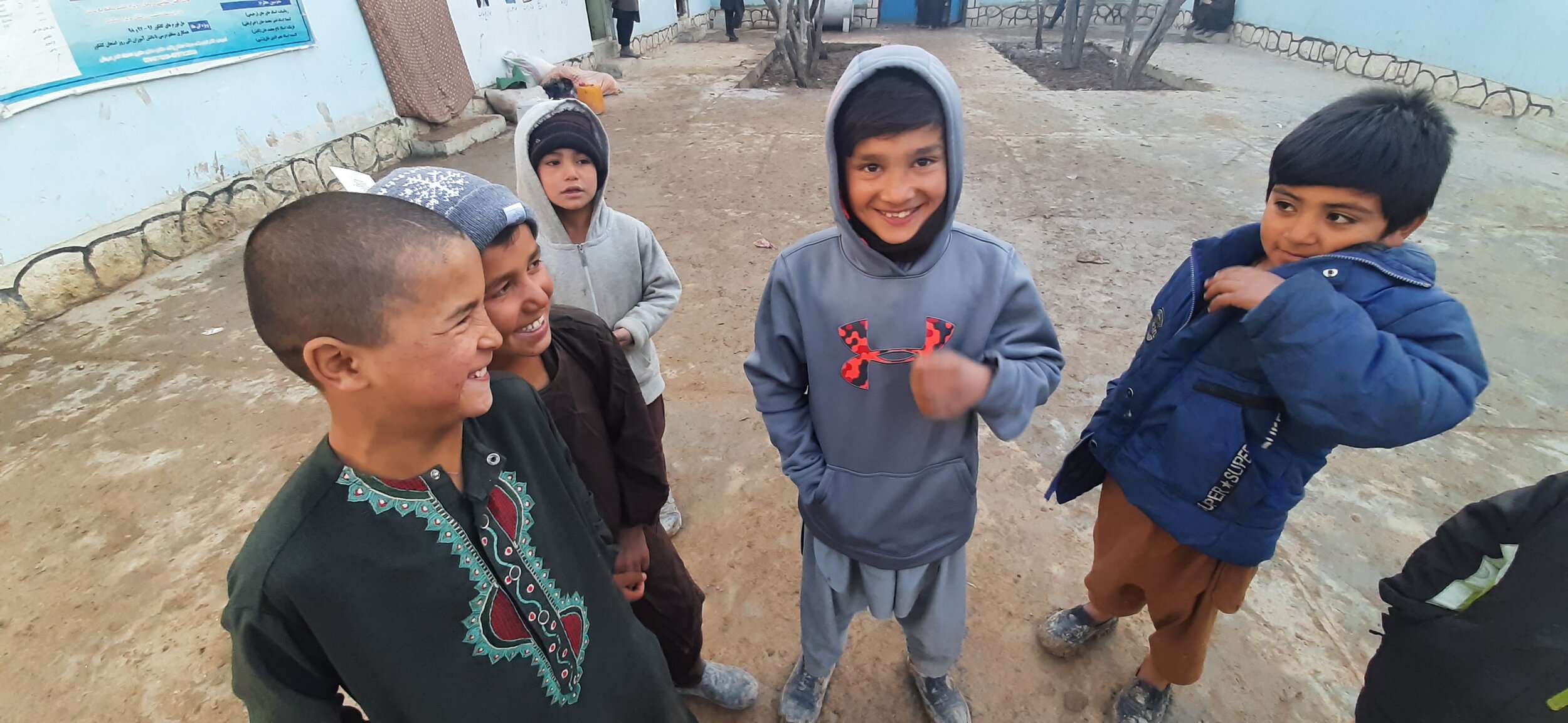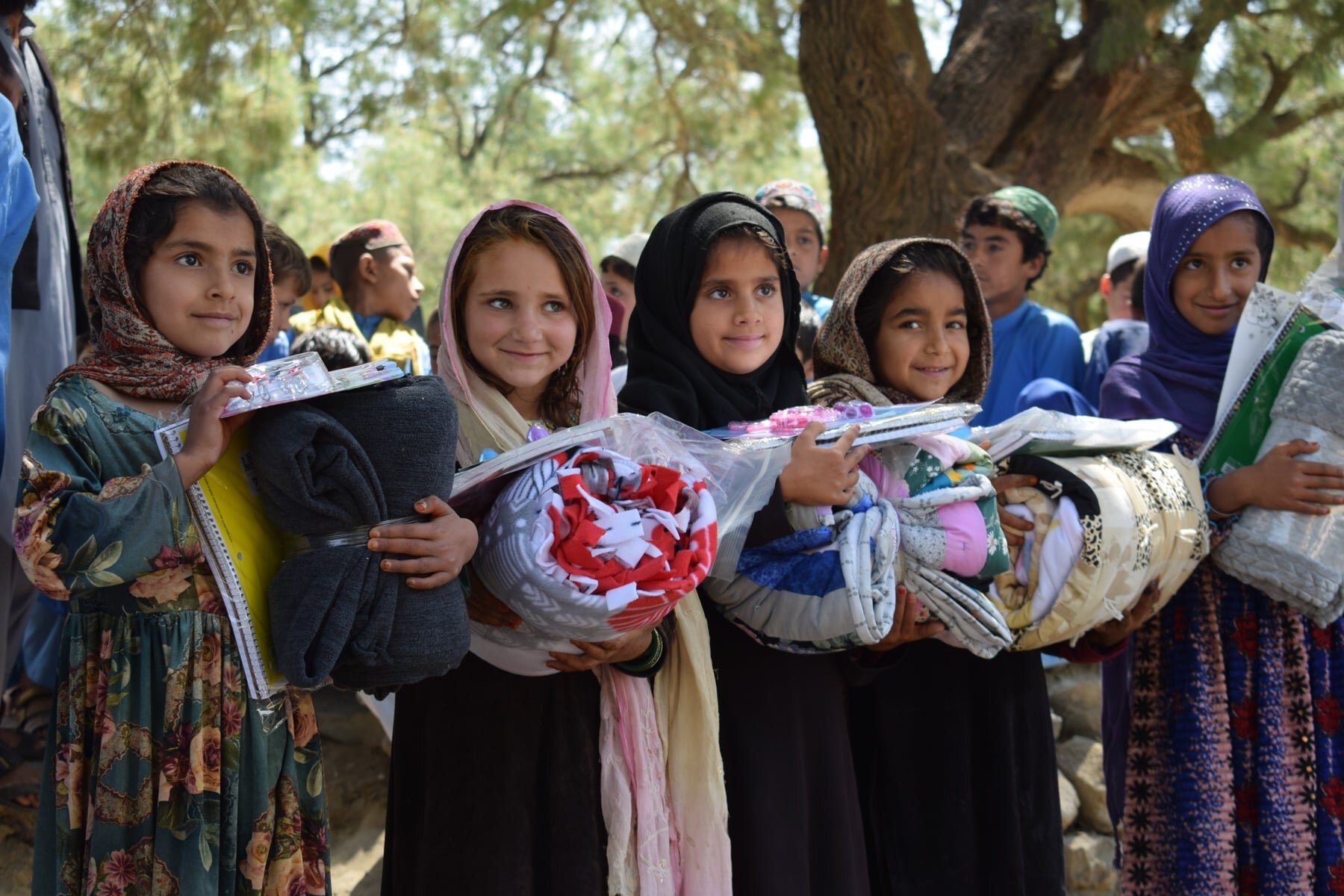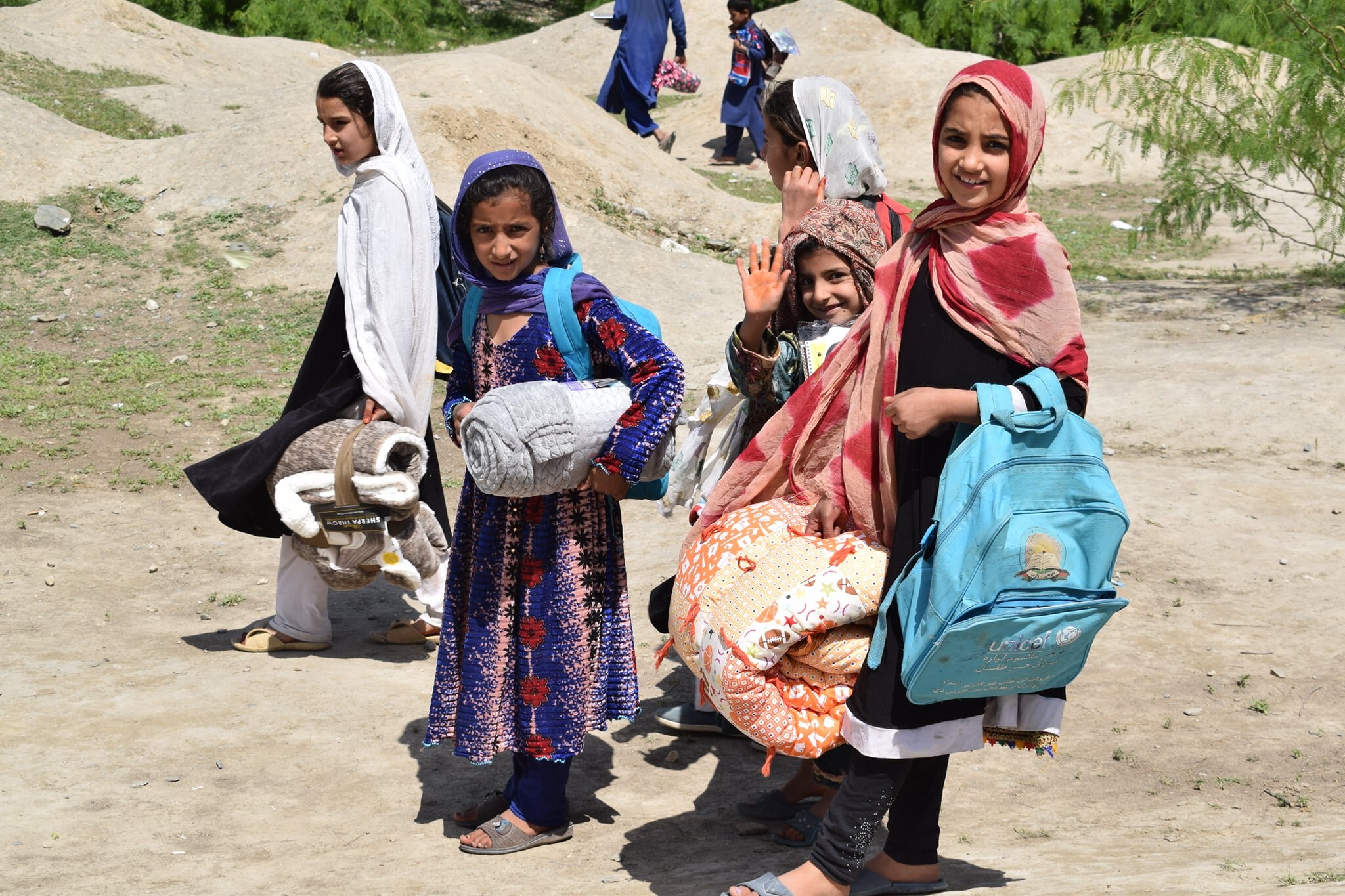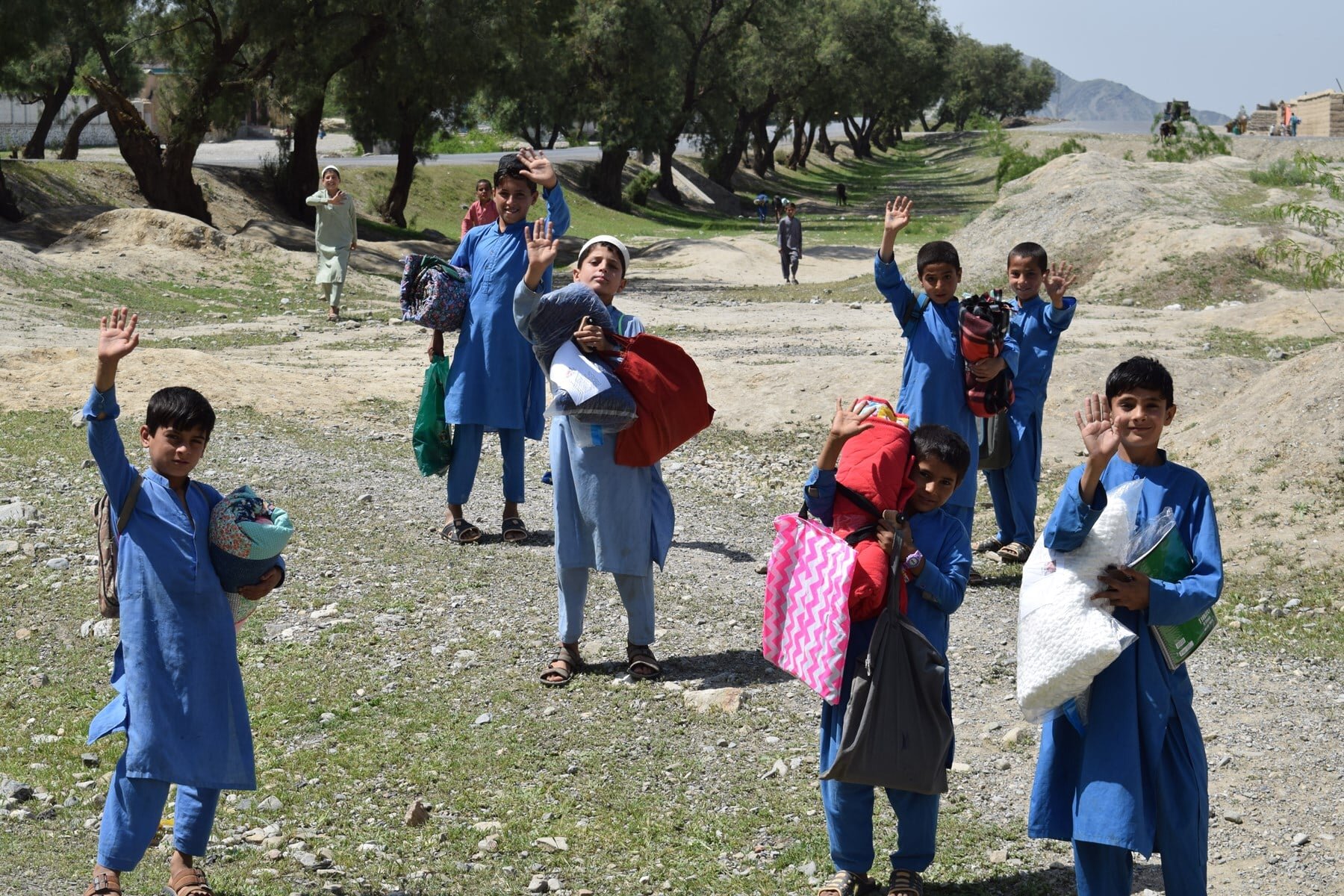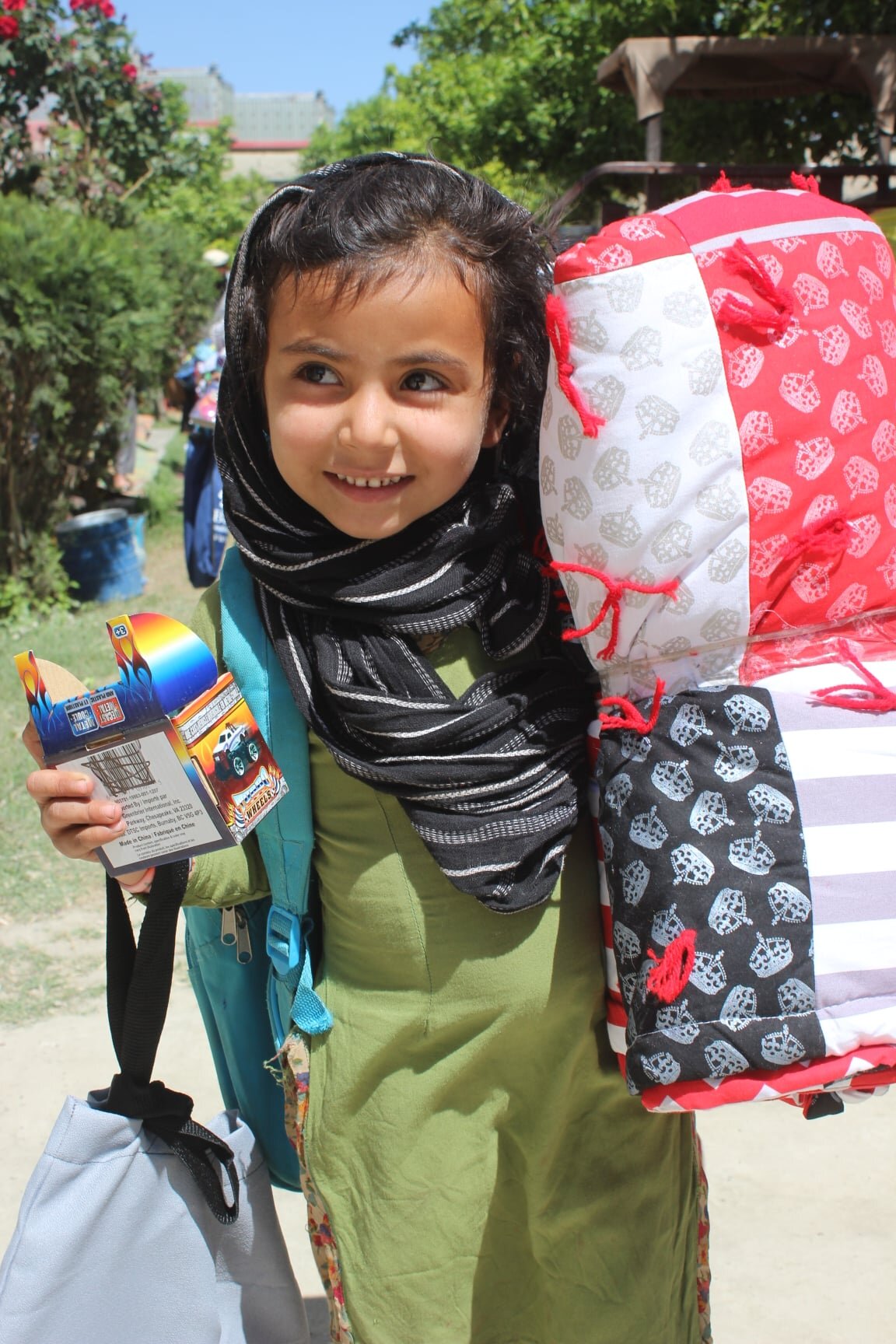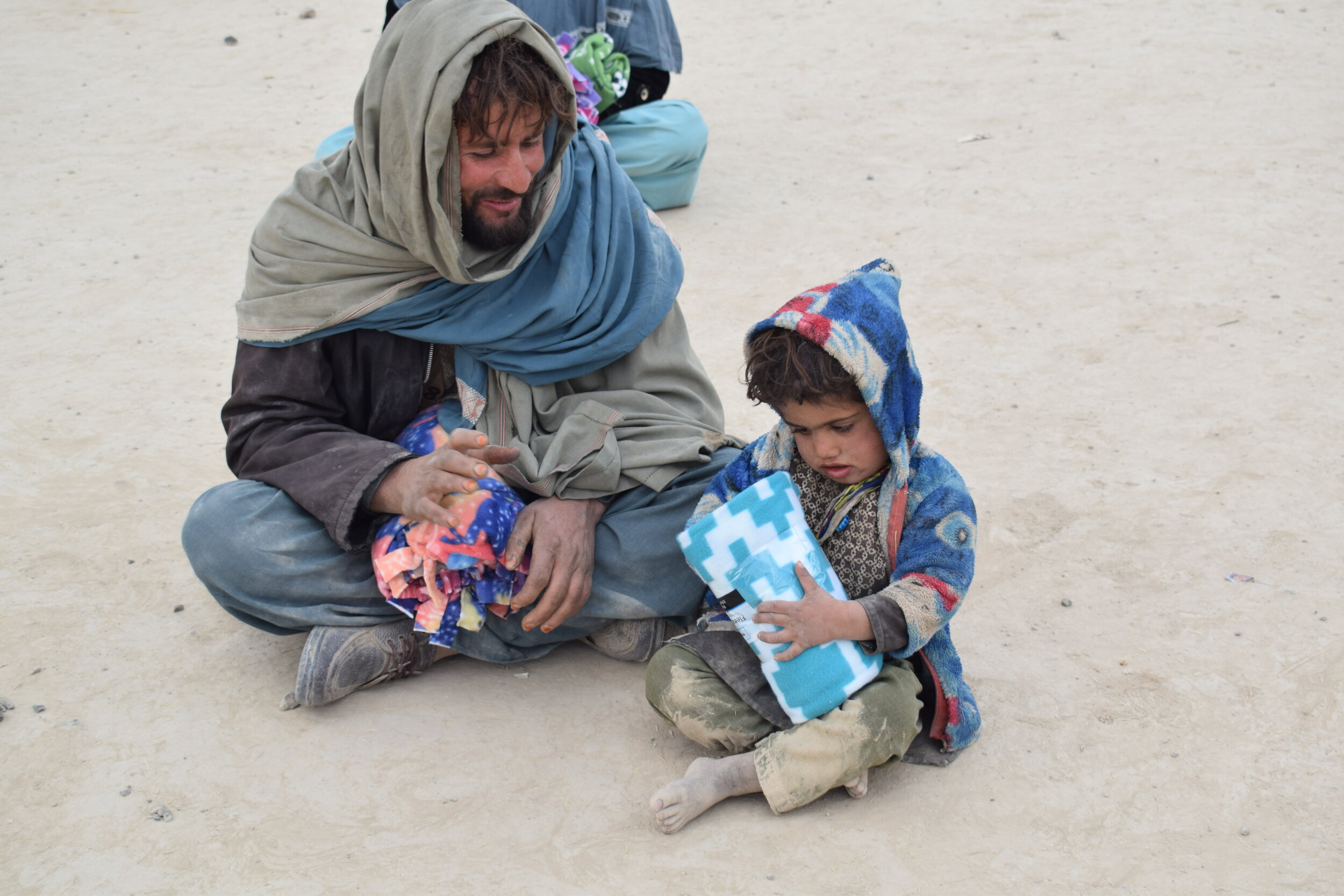written by: Jaron Malyon, LHI Director of Monitoring and Evaluation
Jaron Malyon has been on the ground in Moldova , Romania, Hungary and Poland as part of LHI’s senior admin team as they establish an immediate response to the Ukraine refugee crisis. He speaks fluent Russian and has been incredibly instrumental in creating several local partnerships.
“Help to Ukrainians. Free food and drink.” Sign outside of pop-up transit shelter supported by LHI at a border crossing from Moldova to Romania.
It’s not usually my role to be dispatched to crisis zones, but having lived in Moldova, Hungary, and Russia, it made sense this time. I’ve relied heavily on longtime friends in the region to understand the refugee situation as it unfolds and pinpoint areas where we can contribute.
At LHI, we’re always looking for the gaps in aid/service provisions, which is why I went to Moldova first. The int’l humanitarian response has largely focused on Poland—rightly so, given the massive number of refugees—but Moldova has been completely overwhelmed (in the early days, especially).
The first wave of refugees (mostly wealthier Ukrainians) have largely transited through Moldova and Romania to other destinations, but many in the subsequent waves (mostly poorer) are staying, at least for a while, confused, traumatized, with little resources and no connections abroad, trying to figure out what comes next. One man in a shelter with his wife and babies, told me, “The thing I need most now is advice!”
While orgs and volunteers have mobilized to meet the urgency of the situation, working 20-hr days to evacuate, feed, and shelter refugees, there’s hardly been time to think about what comes next. As we’ve seen from conflicts in other parts of the world, long-term crises will play out for years in countries neighboring Ukraine, even if they aren’t pulled directly into this war. As a Hungarian friend said the other day, “Hungary didn’t know what to do with 400 Afghans in November. How on earth will they deal with tens of thousands of Ukrainians now?”
At LHI, we’re grateful, honored, and moved by the trust so many donors (including family and friends!!) have put in us to get funds to the front lines and make a meaningful difference for as many people as possible.
📷 cred: Shannon Ashton
Click here to learn more and support LHI’s work for Ukrainian refugees.
Jaron Malyon on the ground with LHI in Moldova.







